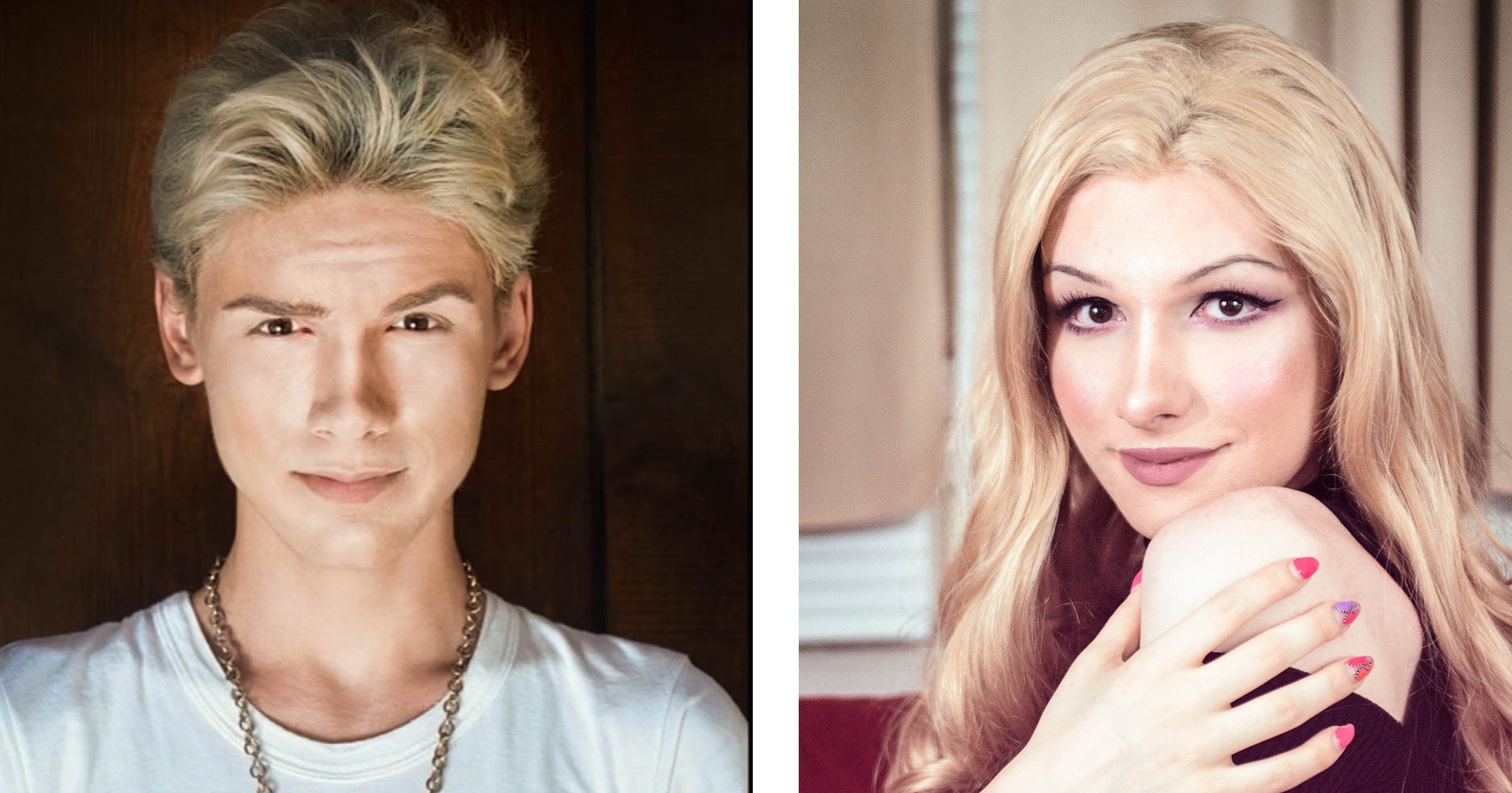Transgender women are people who were born with male sex characteristics but do not identify as men. As the name suggests, they identify as women.
When a transgender woman notices that there is a difference between her innate gender and her identified gender cannot be answered in a standardized way. Some people notice already in childhood that they feel "somehow strange" in their body. However, many of them cannot really attribute the feeling. There are also many people who have been adults for a long time (and perhaps also live in a classically heterosexual relationship) and at some point notice: I am a transgender woman!
Those who then try to suppress their transsexuality usually notice that they are getting worse and worse. Understandable: The affected persons live a life that actually does not suit them.
Is it okay to say "born in the wrong body"?

The phrase "I was born in the wrong body" has also become somewhat commonplace within the scene. This is a comparatively uncomplicated way of telling "the rest of the world" that biological sex and gender identification do not match.
However, over time it became more and more apparent that "in the wrong body" is generally understood as "wrong" by many people. Many transsexuals were disturbed by the fact that in this way it is suggested that there is something wrong with THEM. And exactly because of this, numerous people already talk about the fact that biological and identified gender do not fit together.
Do all transgender women undergo gender reassignment surgery?
Modern medicine offers an incredible number of options when it comes to gender reassignment or gender reassignment surgery. Nevertheless, it would be wrong to assume that every transgender woman would undergo such an operation. Moreover, the corresponding interventions are by no means "spontaneous treatments". A gender reassignment usually takes several months or years.
In addition, the various interventions and treatments are also accompanied psychologically. All those involved want to make sure that the assimilation is really wanted and well considered. After all, after a certain point, most gender reassignment procedures can no longer be reversed.
What challenges do transgender women face in everyday life?
Transgender women like other queers, have to deal with many prejudices in everyday life. Discrimination can cause and tear open many psychological wounds. A stable and tolerant environment can be of great value here.
And also the exchange with like-minded people helps not to feel alone. The good news is that with regard to the equal rights of transgender women or queers in general, a lot is currently changing in general. One of the most important "construction sites", which was pointed out in the context of different CSDs again and again, is the TSG. This is the so-called transsexual law.
The demand: Currently, it is comparatively difficult to have gender reassignments, including the corresponding gender entry, changed. Those affected often have to undergo discriminatory questions. In addition, they have to bear many of the costs themselves. This is precisely what the abolition of the TSG - which, by the way, is decades old - is intended to change.
Where can transgender women go for counseling?
Especially in larger cities (and of course online) there are many counseling services for transgender people. Here, both largely theoretical questions, as well as emotional issues are addressed.
In this way, those who have just discovered their transsexuality, among others, benefit from perhaps mastering the challenges ahead a little better.
However, of course, those who have long belonged to the group of transgender women also have the opportunity to receive advice and support.
What is the Pansexual Meaning?

At the beginning I did not understand when to say trans man and when to say trans woman. For me a trans man was always a transsexual man but somehow not.